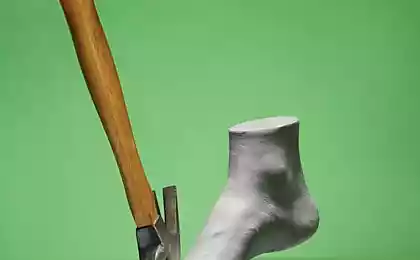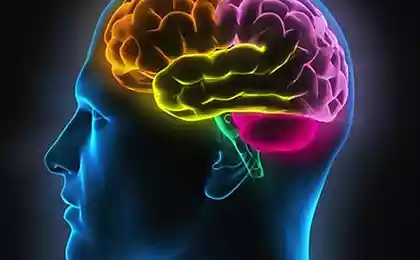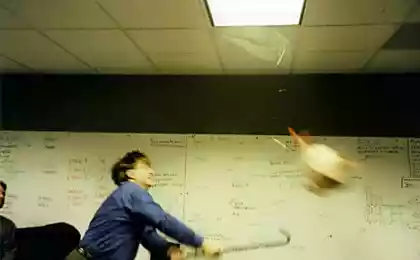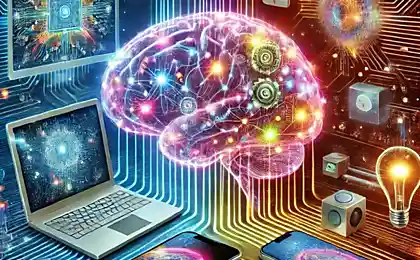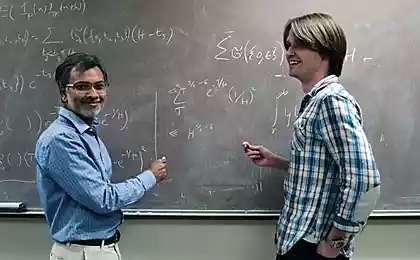1018
50 simple tips for the development of mental abilities!

1. Solve riddles and puzzles.
2. Turn the image on the desktop upside down.
3. Pay attention to the uncertainty and ambiguity. Learn to love paradoxes and optical illusions.
4. Lock for the duration of one or more of the senses. Eat blindfolded, your ears during normal cases, take a shower with your eyes closed.
5. find connections between seemingly unrelated to the topics.
6. Learn how to use different keyboard layouts.
7. Find new ways to use common objects. For example, how many different ways to use the conventional nail you can think of?
8. refutes their assumptions.
9. Develop creative thinking.
10. Always go beyond the first "right" answer that comes to mind.
11. Transpose reality. Always ask yourself, "What if? ..»
12. Develop ambidexterity. Use your non-driven arm, to brush their teeth, combing or use the mouse while sitting at the computer. Try to write with both hands simultaneously. Swap a knife and fork, when you use them.
13. Learn to logic. Solve logic problems.
14. Familiarize yourself with any scientific method.
15. Draw. Anything. You do not need to be an artist to do so.
16. Learn to juggle.
17. Exercise.
18. Observe your posture.
19. Drink lots of water.
20. Use chopsticks.
21. Breathe deeply.
22. Listen to classical music.
23. Get rid of procrastination.
24. Change the style of dress. Walk barefoot.
25. Simplify your life.
26. Play chess or other board games.
27. Develop a sense of humor. Invent your jokes.
28. Develop observation. For example, pay attention to the color red for a day or find a certain brand of car in the general stream. Come up with a theme and focus on it.
29. Keep a diary.
30. Learn a foreign language.
31. Dine in the various cafes and restaurants. Prefer ethnic places.
32. Learn to program on a computer.
33. Speak long words contrary.
34. Change the environment. Change the location of furniture at home.
35. Write. Write a story, poem or start a blog.
36. Teach sign language.
37. Learn to play a musical instrument.
38. Learn to speed reading.
39. Try to mentally estimate the passage of time.
40. Perform arithmetic calculations in his mind.
41. Keep track of the names of people.
42. Meditate.
43. Do not watch TV.
44. Change the speed of conventional cases. Try to do something very slowly or very fast.
45. occupy only one thing at a time.
46. Avoid cognitive biases.
47. Put yourself in someone else's place. Imagine how other people have solved your problems.
48. Take time for solitude and relaxation.
49. Accept the obligation to constantly learn something new.
50. Take a trip abroad. Learn about the different styles of life.





